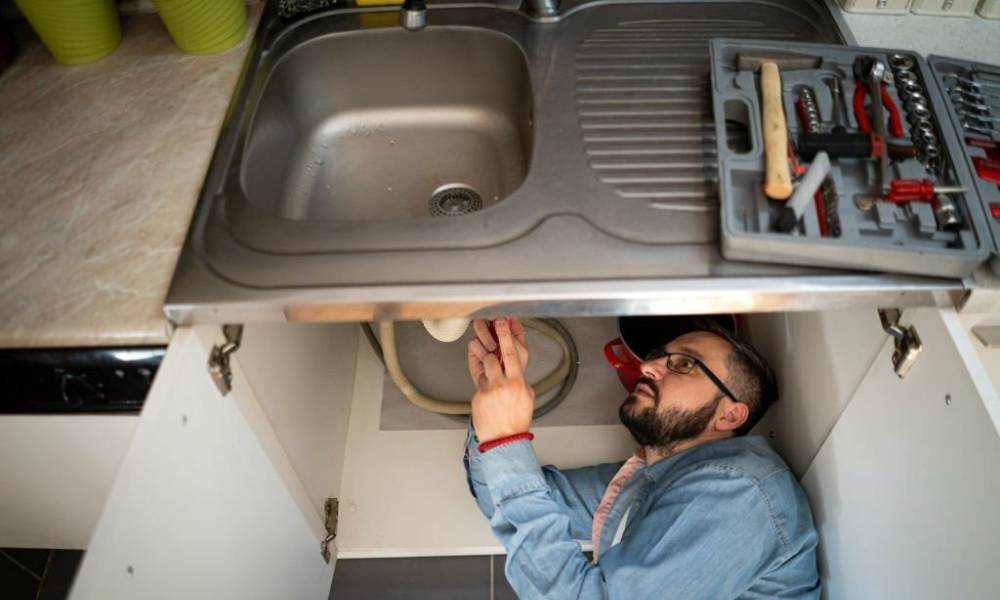In a world where food insecurity is a harsh reality for many, the concept of a soup kitchen stands as a beacon of hope and nourishment for those in need. The idea of start A soup kitchen may seem daunting at first, but with the right guidance and determination, it can become a fulfilling endeavor that not only feeds the hungry but also fosters community support and compassion. As you embark on this journey to provide warm meals and comfort to those facing hunger, you are stepping into a noble tradition that dates back centuries, embodying the spirit of altruism and solidarity that transcends borders and cultures.
Why a Soup Kitchen?
Before we jump into the logistics, it’s essential to understand the immense need and reason for the existence of soup kitchens. Soup kitchens play a pivotal role in supporting communities by addressing the immediate needs of those who are facing food insecurity. They go beyond providing sustenance; they offer warmth, a sense of belonging, and a bridge to other critical support services. The decision to start a soup kitchen is rooted in compassion and a desire to make a tangible, positive impact on the lives of the most vulnerable members of our society.
What Does a Soup Kitchen Do?
A soup kitchen, traditionally, offers free meals to individuals who are unable to afford food. This service is critical in helping those who are homeless, unemployed, or simply unable to make ends meet. The mission of a soup kitchen should align with the broader goal of community welfare, aiming to lift people out of crisis and poverty by addressing the fundamental need for food.
Starting a Soup Kitchen
Set Up Kitchen Space
This is where the magic happens. The first step is to secure a space large enough to prep and serve meals. Depending on the size of your operation, this could be a donated commercial kitchen or a space that can be converted to meet health and safety standards.
Look for a Suitable Location
Accessibility is key. Choose a location that is central and easy to reach for your target demographic. Consider proximity to public transportation and other social services.
Register as a Non-Profit
Formalize your operation by registering as a non-profit organization. This will not only lend your project credibility but will also enable you to receive donations and apply for grants.
File the Necessary Paperwork
Navigating the legal aspects of starting a soup kitchen can be complex. Obtain the required licenses and permits to operate a food service and ensure you comply with health and safety regulations.
Raise Funds and Food Donations
Money and food are the two lifelines of your soup kitchen. Start by reaching out to local businesses, community members, and charitable organizations for donations. Host fundraising events to create awareness and gather support for your cause.
Look for Volunteers
Engage with schools, churches, and community groups to find volunteers. Utilize social media and local news outlets to spread the word about your need for volunteers.
Buy Necessary Food Service Equipment
The right equipment can make all the difference in your ability to prepare and serve meals efficiently and safely. This might include stoves, refrigerators, and food storage.
Stock Your Pantry
Maintain a well-stocked pantry to ensure you can always provide balanced and nutritious meals. Develop relationships with local grocery stores and food suppliers to secure regular donations.
Get the Word Out About Your Soup Kitchen
The success of your soup kitchen will depend on the number of people you can reach. Use multiple communication channels to inform the community about your services. Create a website, utilize social media, and distribute flyers to spread the word.
Create a Meal Prep Schedule
Plan your meals and schedule your prep and service times. Consistency is key – your patrons should know when and where they can count on a meal.
Plan Serving Times
In addition to knowing what you will serve, you must detail when you will serve. Factors such as the availability of your volunteers and the needs of your patrons should be the basis of your scheduling.
Coordinate Cleaning Tasks
Maintaining a hygienic environment is essential. Organize teams to handle cleaning duties promptly to ensure the safety of the kitchen and, ultimately, the health of your visitors.
Conclusion
By following the steps outlined in this article, individuals or groups can successfully establish a space where those in need can receive nourishing meals and support. It is important to conduct thorough research, secure necessary resources, and establish strong partnerships with local organizations to ensure the success of the soup kitchen. With dedication, passion, and a commitment to helping others, anyone can make a positive difference through this noble initiative. If you are considering starting a soup kitchen, I encourage you to take that first step towards creating positive change in your community today.




